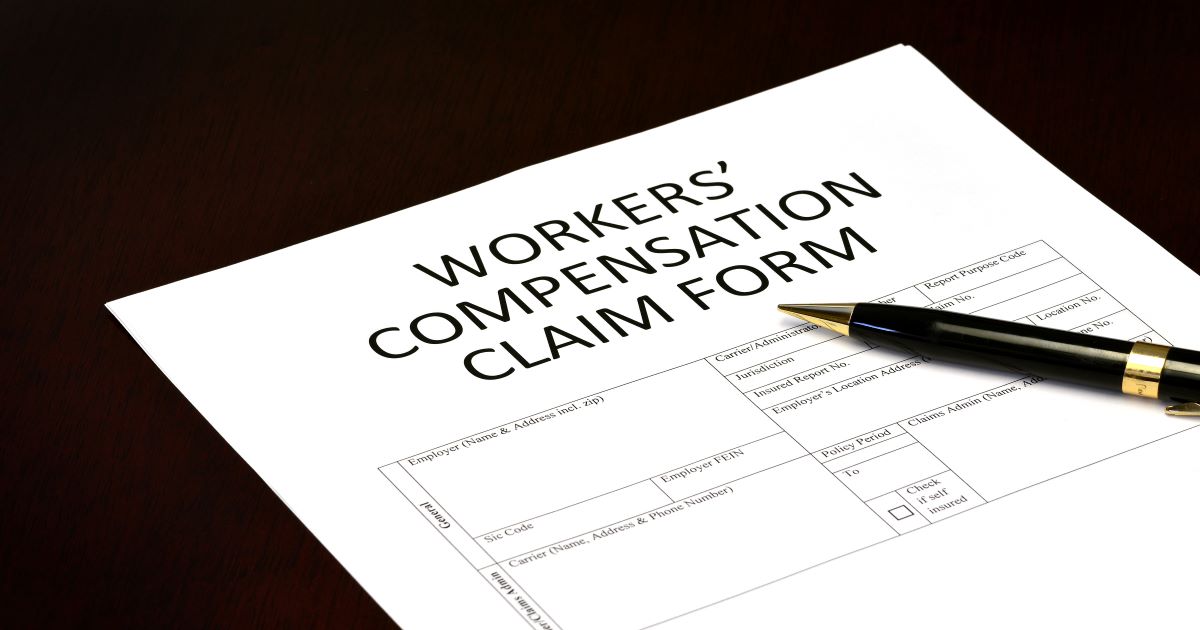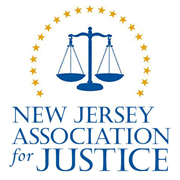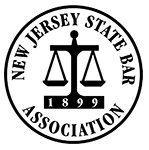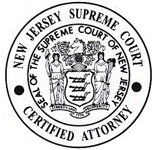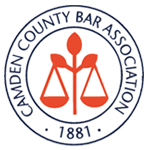In the early months of the current pandemic, the state and the nation worked to slow the spread of the novel Coronavirus (COVID-19), closing restaurants, schools, and offices temporarily. However, for the frontline workers in hospitals, grocery stores, and other workplaces, staying home was not an option. These men and women held the front line and cared for the those in need, while potentially compromising their own health. It seems reasonable that when essential employees get sick or even pass away from COVID-19, they would receive financial compensation to replace lost income. Yet, as many are finding out, this was simply not the case.
What is the Impact of COVID-19 on Essential Workers?
As of early November 2020, there were more than 269,000 cases in New Jersey, and nearly 16,500 deaths related to COVID-19. Many individuals became exposed to the virus at work. While occupational injuries and illnesses are traditionally covered under workers’ compensation, some employees are having a tough time collecting benefits. Survivors of those who died are left to face a heartbreaking and uncertain future without their loved one and the income that supported their household.
Is COVID-19 an Occupational Illness?
With all workers’ compensation claims, the employee has the burden of proving they got sick or injured at work. With a condition as new and as complex as COVID-19, making the connection that contraction of the virus was work-related is not always easy. There is always the possibility that frontline workers contracted COVID-19 from friends or family.
Additionally, in some states, the virus is grouped in with the flu, colds, and other illnesses that are not covered by workers’ compensation. Like other highly contagious viruses, COVID-19 is challenging to track because some people do not show symptoms at all, symptoms vary by patient, and the incubation period is not always the same for each person who contracts it.
Are There Laws Providing Benefits for COVID-19?
As of July 2020, 16 states and Puerto Rico passed guidelines to pave the way for workers sick with COVID-19 to claim benefits for medical bills, lost income, and even death. New Jersey Governor Phil Murphy recently signed similar legislation into law in September 2020. The purpose of Senate Bill 2380 was to create a presumption that infections contracted by essential employees were work-related for the purpose of employment benefits provided for work-related injuries and illnesses. Those benefits include workers’ compensation retroactive to March 9, 2020. It should be noted the Bill applies only to essential workers including:
- Public safety workers, first responders, fire, police, and other emergency workers
- Workers providing health care and/or medical services, emergency transport, social services, and employed in health care facilities, nursing homes, and other residential facilities
- Workers whose job duties bring them in close physical contact with the public and are essential to public health, safety, and welfare, for example workers in hospitality, transportation, and financial services
- Any workers deemed essential by the Governor or other public authority, including grocery workers, gas station attendants, store clerks, and construction workers
Like all workers’ compensation claims, if the employer has substantial proof an employee did not get hurt or ill on the job, they can rebut their claim for benefits. However, in the midst of a public health emergency, it seems such a claim might be difficult to prove, especially with employees working in close proximity to the public who may be asymptomatic, or patients in clinical settings who have tested positive for COVID-19.
Workers’ Compensation in New Jersey
In New Jersey, employees or their dependents are entitled to receive workers’ compensation benefits for an injury, illness, or death that developed in the course of employment. The employer or their insurance provider pays out these benefits directly. Workers’ compensation benefits provide for the following:
Medical Care: This includes hospitalization, medical treatment, and medications. In New Jersey, the employer has the right to designate an authorized treating physician for COVID-19 care and other illnesses and injuries. If emergency treatment is necessary and there is no time to get an approval from the employer, then the worker can see another doctor, but they should notify their company as soon as possible.
Temporary Total Disability Benefits: These benefits provide 70 percent of a sick worker’s weekly wage, provided they are disabled for more than seven days. These benefits are terminated when the employee returns to work or has reached maximum medical improvement (MMI) and no further treatment will benefit the ill or injured worker.
Permanent Partial Benefits: Permanent partial benefits apply to workers whose illness or injury leaves them permanently disabled. They are paid out based on a percentage of specific scheduled or non-scheduled losses involving a system of the body. In the case of COVID-19, more severe cases can permanently damage the lungs and may fall under permanent partial benefits.
Permanent Total Benefits: In the most serious cases, workers are so disabled that they are no longer able to work in any capacity. Permanent total benefits are paid out initially for 450 weeks and may continue if the injured employee can prove they are incapable of earning an income.
Death Benefits: When a worker dies of COVID-19 presumably contracted on the job, or any other type of illness or injury occurring at work, their dependents are entitled to receive death benefits. Death benefits are equivalent to 70 percent of the decedent’s weekly wages. Death benefits also include up to $3,500 in funeral costs.
What Should I Do if I Contracted COVID-19 at Work?
Anyone who believes they contracted COVID-19 at work should notify their employer as soon as possible. Most companies have specific protocols for reporting occupational injuries and illnesses. Next, let the employer know that treatment is needed. Some employers have the right to approve the health care provider. However, because COVID-19 is so serious, if the employer stalls this process, the worker should not wait to seek treatment. If the employer refuses to report the COVID-19 diagnosis to the workers’ compensation insurance carrier, the employee should consider contacting them directly.
What Happens if My Claim is Disputed or Denied?
Despite the Governor’s efforts to ensure COVID-19 is covered under workers’ compensation, many employers in the Garden State may still dispute the condition is work-related and deny benefits. When a dispute arises over the employee’s diagnosis or claim for benefits, the worker can file a Claim Petition or Application for an Informal Hearing with the Division of Workers’ Compensation. Each case is assigned to a judge in the county where the worker resides. A number of issues can lead to a workers’ compensation dispute, including:
- Whether COVID-19 or another illness or injury is indeed work-related
- What kind of medical treatment is necessary
- The amount of payment for benefits
Informal claims result in an informal hearing in front of a Judge of Compensation. These hearings offer an opportunity to resolve disputes without a formal court session. The judge makes advisements, but they are not binding. Generally, informal claims are resolved within one or two hearings. Formal claims take place before a Judge of Compensation, in the worker’s county of residence. If disputed issues are not resolved in the pretrial stage, they move to trial where the judge renders a legally binding and appealable decision.
The word unprecedented has been used all too often when referring to COVID-19, but the virus has brought many changes to the way Americans live and work. Men and women who put their lives on the line to keep hospitals, grocery stores, and other places of business running deserve the protections provided by the workers’ compensation system. When an employer denies those benefits, it can lead to financial ruin. It is crucial to seek the counsel of an experienced workers’ compensation lawyer to fight for the rights of workers who get sick while serving the public.
South Jersey Workers’ Compensation Lawyers at Pietras Saracino Smith & Meeks, LLP Advocate for Workers with COVID-19
The emergence of COVID-19 around the world changed life as we know it. While most were able to retreat to the safety of their homes, essential workers remained on the front lines, providing food, medical care, and other crucial resources the public needed. If you or a loved one has been denied benefits or any other compensation for a COVID-19 related illness, contact the South Jersey workers’ compensation lawyers at Pietras Saracino Smith & Meeks, LLP. To learn more, call 856-761-3773 or complete an online form for a free consultation. Located in Cherry Hill, New Jersey, we represent clients throughout South Jersey, including Camden, Pennsauken, Maple Shade, Delran, and Cinnaminson.

